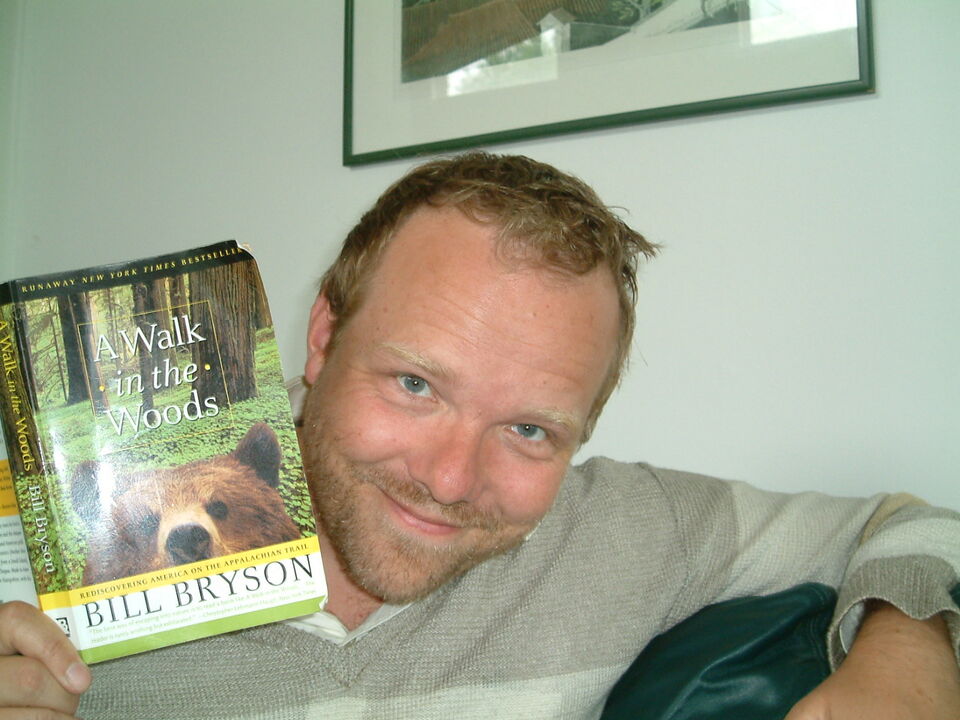Brain Matters | 62 Lego bricks for every human
For every human on the planet there are approximately 62 Lego bricks. With five boys in the right age-range -including myself- we have more than our fair share at home. Psychologists praise Lego for being smart toys; excellent for developing valuable skills in problem solving, spatial cognition, construction, collaboration, and -indeed- imagination. In fact, the ideal preparation for a career at TU/e.
Part of the success of Lego can be traced to what recently, with reference to another Scandinavian superpower, has been dubbed the ‘IKEA-effect’: we attribute a higher value to something we have constructed ourselves (with blood, sweat, tears, and muffled expletives in the case of IKEA) than if it was already pre-fabricated. Better to tinker together your own amateurish little Lego plane, than to be handed a ready-made version ofBrain Matters | 62 Lego bricks for every human Death Star. The American psychologist Leon Festinger already described the underlying phenomenon in the 1950s: the more effort we invest in something, the more we value it. This reduces cognitive dissonance, because why else would you have exerted yourself? Such effort justification explains the success of painful initiations as a way to create stronger group attraction. It also supports the argument that any university course that has received a negative student evaluation should be made more difficult rather than easier.
This summer I took my family for a short trip to Legoland, Denmark. It’s best described as a marriage between a kind of plastic Madurodam and a theme park, where the assumption seems to be that in order for children to enjoy themselves, they need to be exposed to high g-forces combined with substantial bodies of water. For each ride, a waiting time of 45 minutes (in the rain!) is no exception, after which you are rewarded with 2 minutes of mortal fear and a thorough rearrangement of your intestines. I checked the admittance tickets, the price of which could clear the debt of a small third world country. My mind wandered to Festinger. And all of a sudden I felt deeply and meaningfully connected to that box of happy little Mondriaan-coloured bricks that was waiting for us at home.


Discussion